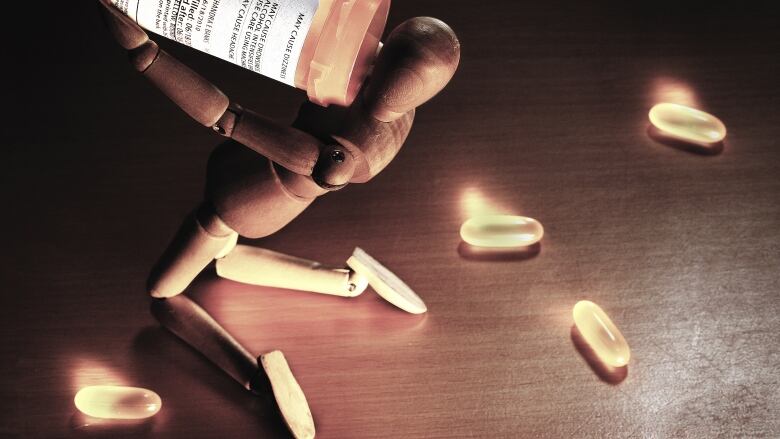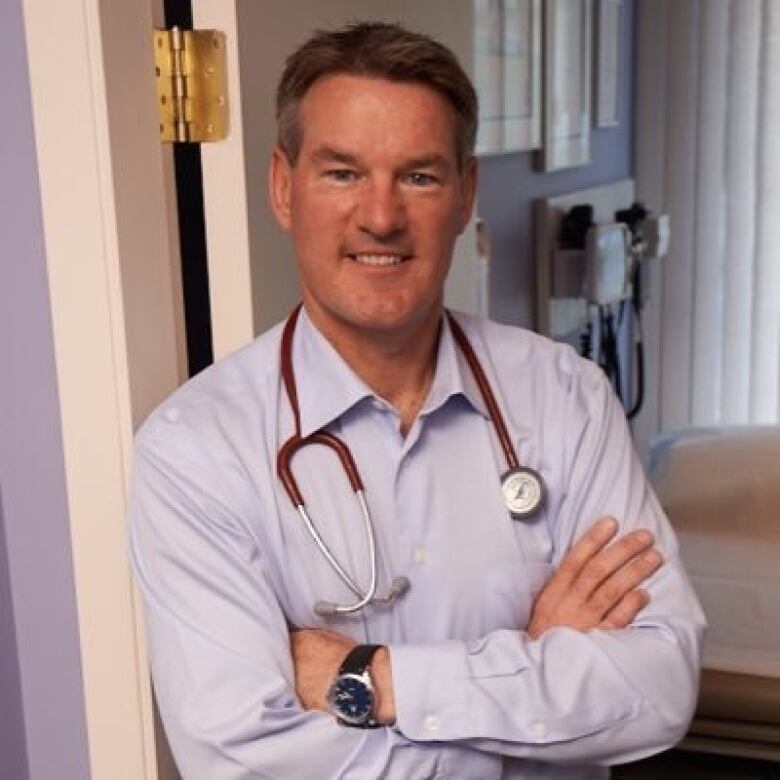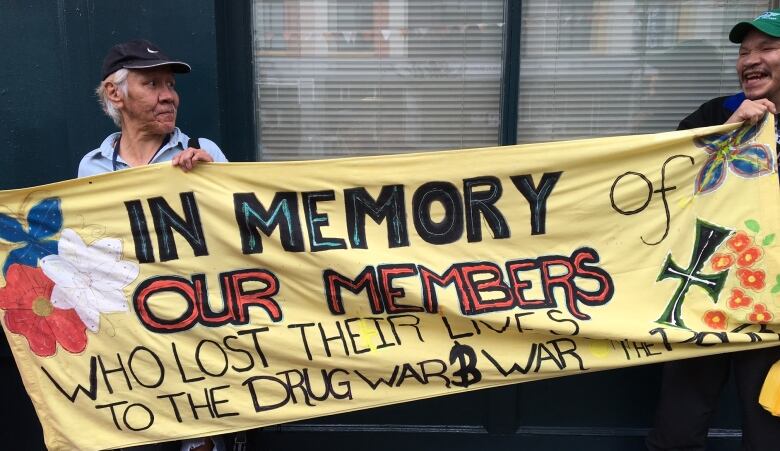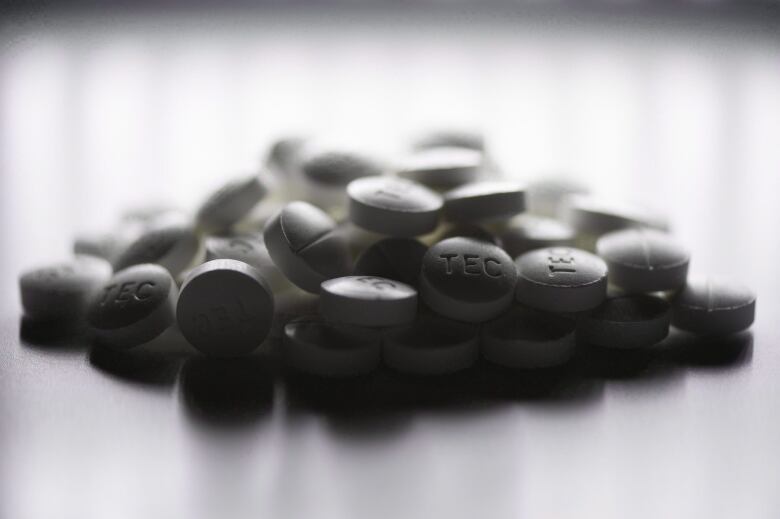Doctors 'part of the problem' in opioid overdose crisis, says Doctors of B.C. 's new president
'Addiction is a medical condition. It's no different than diabetes'

The new president of Doctors of B.C. is calling out doctors for their part in the addictioncrisisthat's led to a currentaverage of two drug-related deaths daily in B.C.
Not all those deaths involved prescription opiates, but Dr. Alan Ruddiman says fartoo many fatalities do.
He saysdoctors need to make sure they remain highly aware that opioids are addictive, be clear they are not apain panacea and respond to patients experiencingaddiction as they would any valid medical issue.
"Doctors are part of the problem," Ruddiman said.
Stop stigma, find treatment options
While Ruddimanurges patients to open up todoctors if they are struggling with addiction, he alsourgesdoctors to "really listen," suspend judgement and offerlong-term, evidence-basedrecovery solutions.
- Overdose crisis is 'our Ebola', says Dr. Mark Tyndall
- 5 new supervised injections sites coming to fight Vancouver's fentanyl overdose crisis
-
'Privileged' opioid addict won't seek help for fear of losing job
Ruddiman agrees thatpatients labelled as"drug-seekers" often face stigma, get denied medication, andfeed their habitfrom illegal sources.

"We need to stop labelling. We need to recognize that addictionis a substance use disorder. It's a medical condition. It's no different thandiabetes, high blood pressure, chronic kidney disease," he said.
We need to recognize that addictionis a substance use disorder. It's a medical condition. It's no different thandiabetes, high blood pressure, chronic kidney disease.- Doctors of B.C. head Alan Ruddiman
Doctors need to approach opioids carefully, being aware the substances are addictive and explain to patients that they are not "pain killers." All they can do is reduce pain, he said.
Ruddimanthere is alwaysneed for more resources, but given what is available, patients that are open to healing should be guided toward:
- Exercise.
- Physical Therapy.
- Counselling.
- Mindfulness.
- Evidence-based replacement therapies such as Suboxone or methadone.
"Here is what worries me,Canada has the second highest opioid consumption, not in the developed world but in the entire world. Prescription opioid use has tripled over the last 10 years," Ruddiman told Stephen Quinn, of CBC's the Early Edition.

"None of us should be walking around as that Pink Floyd song goes, 'comfortably numb.'I think we've got a place right now where society is seeking sometimes instant gratification," he said.
"But when it comes to complex pain the strategies to manage and treat that are way more complex."
Know your patient, if possible
Ruddimansays good longer-term relationships between patients and doctors helpsolve a lot of problem. He is concerned about emergency rooms and walk-in clinics that may see patients only once.
"None of us should be walking around as that Pink Floyd song goes, 'comfortably numb.'- Dr. Alan Ruddiman
It's also crucial to reassure patients about the confidentiality of whatever they share with their doctor, he said after listening to an anonymous addict who feared admitting her addiction would "follow her aroundthe rest of her life."
"The doctor-patient relationship is sacred," said Ruddiman.
No information shared with a doctor can be shared with another party, other than another doctor, without the person's consent.
Day 10 in my role as @DoctorsOfBC president. These issues: #MAiD ; #opioid #crisis ; physician engagement ; #professionalism ; #recruitment
—@awruddiman
With files from Catherine Rolfsen












_(720p).jpg)


 OFFICIAL HD MUSIC VIDEO.jpg)
.jpg)



























































































